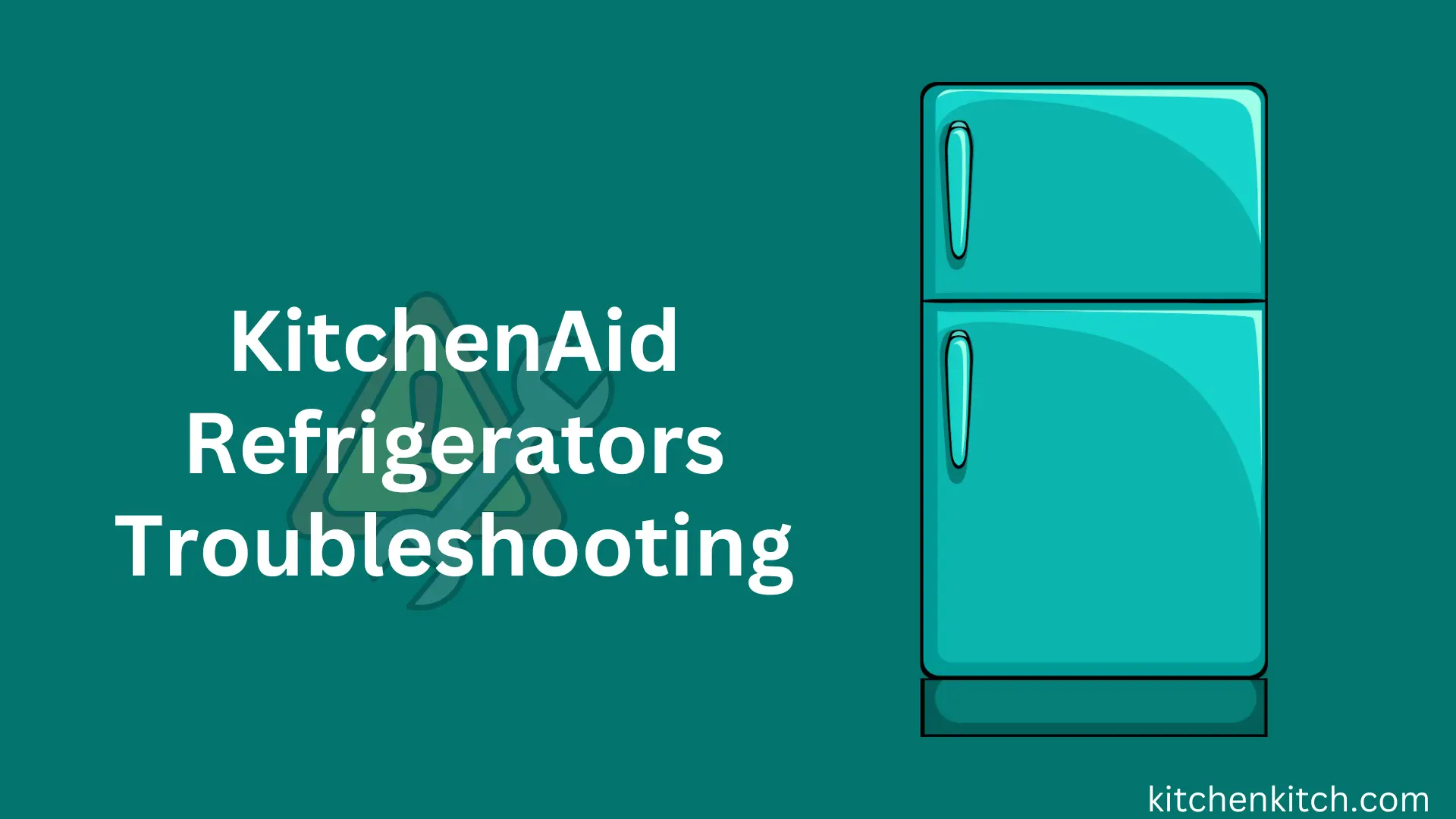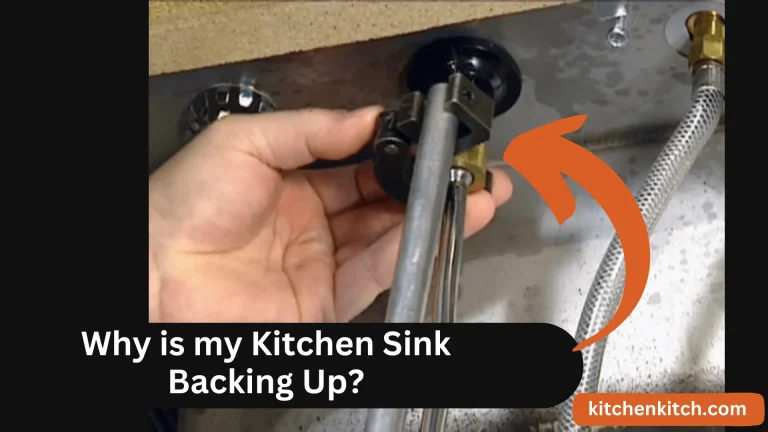KitchenAid Refrigerators Troubleshooting
KitchenAid refrigerators are known for their reliability and innovative features, but like any appliance, they may encounter issues from time to time. Understanding common problems and troubleshooting steps can help you resolve issues quickly, ensuring your refrigerator continues to perform efficiently. In this guide, we’ll explore various KitchenAid refrigerators troubleshooting techniques, from cooling problems to ice maker issues.
KitchenAid Refrigerators Troubleshooting
1. Refrigerator Not Cooling Properly:
One of the most common issues with refrigerators is inadequate cooling. If you notice that your KitchenAid refrigerator isn’t keeping food cold enough, several factors could be at play:
Possible Causes and Solutions:
- Check the thermostat settings: Ensure that the temperature controls are set to the appropriate settings. Modify the thermostat settings as needed to reach the preferred temperature level.
- Clean the condenser coils: Over time, dust and debris can accumulate on the condenser coils, hindering airflow and reducing cooling efficiency. Clean the coils regularly to improve performance.
- Ensure proper ventilation: Make sure that there is adequate space around the refrigerator for proper airflow. Avoid blocking air vents or placing items on top of the refrigerator.
- Check the door seals: Examine the door seals thoroughly to detect any indications of wear or impairment. Damaged seals can allow warm air to enter the refrigerator, impacting cooling efficiency. Replace the seals if necessary.
2. Ice Maker Not Working:
If your KitchenAid refrigerator has an ice maker but isn’t producing ice, several factors could be causing the issue:
Possible Causes and Solutions:
- Check the water supply: Ensure that the refrigerator is connected to a water supply and that the water supply valve is open. If the water supply is interrupted, the ice maker won’t function properly.
- Inspect the water filter: A clogged or blocked water filter can restrict water flow to the ice maker. Replace the water filter according to the manufacturer’s recommendations.
- Reset the ice maker: Some models feature a reset button or switch for the ice maker. Consult your refrigerator’s manual for instructions on how to reset the ice maker.
- Check for ice buildup: Ice buildup can obstruct the ice maker’s mechanism, preventing it from producing ice. Thaw any ice buildup and clean the ice maker accordingly.
3. Refrigerator Making Unusual Noise:
If your KitchenAid refrigerator is making strange or loud noises, it could indicate underlying issues that require attention:
Possible Causes and Solutions:
- Check for obstructions: Inspect the interior of the refrigerator for any items that may be causing the noise, such as loose shelves or containers. Remove any obstructions to see if the noise persists.
- Level the refrigerator: Ensure that the refrigerator is level and stable. A refrigerator that isn’t properly leveled may produce noise as it operates. Use a level to adjust the refrigerator’s feet as needed.
- Tighten or replace components: Loose components, such as fan blades or screws, can cause rattling or vibrating noises. Adjust or substitute any slackened or impaired components to address the concern.
You should also know about the top 10 essential kitchen tools.
Conclusion
Maintaining a properly functioning KitchenAid refrigerator is essential for preserving the freshness of your food and ensuring your kitchen operates smoothly. By understanding common troubleshooting techniques and addressing issues promptly, you can keep your refrigerator running efficiently for years to come.








